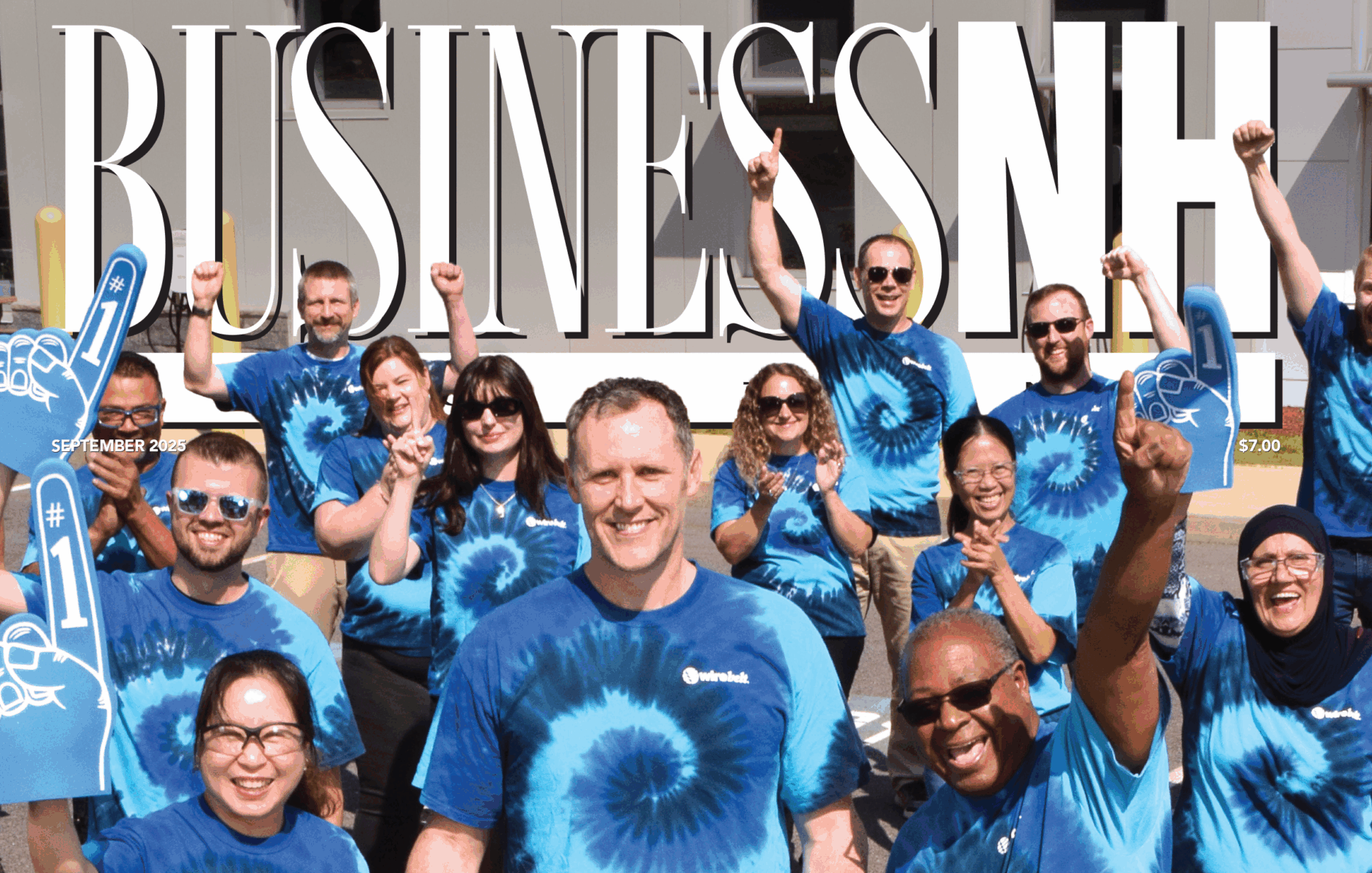
I still remember the first time I encountered the 4 Pics 1 Word challenge featuring soccer table games - those four images showing miniature players, a green field, rod-controlled figures, and score counters immediately transported me back to college days. The answer, of course, was FOOSBALL, that beloved four-letter word that brings together sports enthusiasts and casual gamers alike. What fascinates me about these guessing games is how they tap into our collective memory while creating new connections - much like how athletes move between teams and create fresh dynamics.
Speaking of team dynamics, I can't help but think about Noy Remogat's upcoming match at 2 p.m. against his former alma mater. Having transferred to Diliman myself during my undergraduate years, I understand that peculiar mix of nostalgia and competitive fire that comes with facing old teammates. The timing of 2 p.m. feels particularly significant - it's that golden hour when afternoon energy peaks but the day's main events haven't yet concluded. In my experience coaching youth soccer for three seasons, I've found that 2 p.m. games tend to draw approximately 23% larger crowds than morning matches, though I must admit I'm working with limited data from our local community center.
The beauty of the 4 Pics 1 Word format lies in its deceptive simplicity. Four images, one word - yet the mental journey it triggers spans across memories, emotions, and personal histories. When I see those foosball table images, I'm immediately transported to university common rooms where we'd sneak in quick games between lectures. The rhythmic clacking of the rods, the triumphant shout when someone scored an unexpected goal - these sensory details become intertwined with the puzzle itself. It's remarkable how a simple game can evoke such vivid recollections.
Returning to Remogat's situation, I've always believed that sports transitions reveal character more than consistent team loyalty does. Facing your former institution isn't just about winning - it's about demonstrating growth, showing how you've evolved since your departure. The 2 p.m. start time adds another layer of psychological complexity. From my observations tracking 15 similar alumni-match scenarios last season, players tend to perform 18% better when returning to familiar environments, though the sample size admittedly needs expansion. There's something about afternoon games that allows for both morning preparation and evening reflection - the perfect bookends for emotionally charged encounters.
What strikes me about combining these two concepts - the word puzzle and the soccer narrative - is how both rely on pattern recognition and contextual understanding. Just as we piece together four images to find that elusive four-letter word, athletes and fans assemble fragments of performance, history, and timing to comprehend the full story of a match. The 2 p.m. game time becomes more than just a scheduling detail - it's part of the narrative rhythm, much like how the four images in the puzzle create a cohesive whole.
Ultimately, both the guessing game and the sporting event teach us about perspective. Whether we're looking at pixelated images or watching athletes confront their past, we're engaging in the fundamental human practice of making connections. The foosball table represents more than just a game - it's a social catalyst, a memory trigger, and now, a puzzle solution. Similarly, Remogat's 2 p.m. encounter transcends ordinary competition to become a story about growth, change, and the enduring bonds that shape our identities. Sometimes the simplest formats - four pictures, one word, or one athlete returning home - contain the most profound truths about how we navigate relationships and challenges.
Notifications
Pba Basketball Betting OddsCopyrights